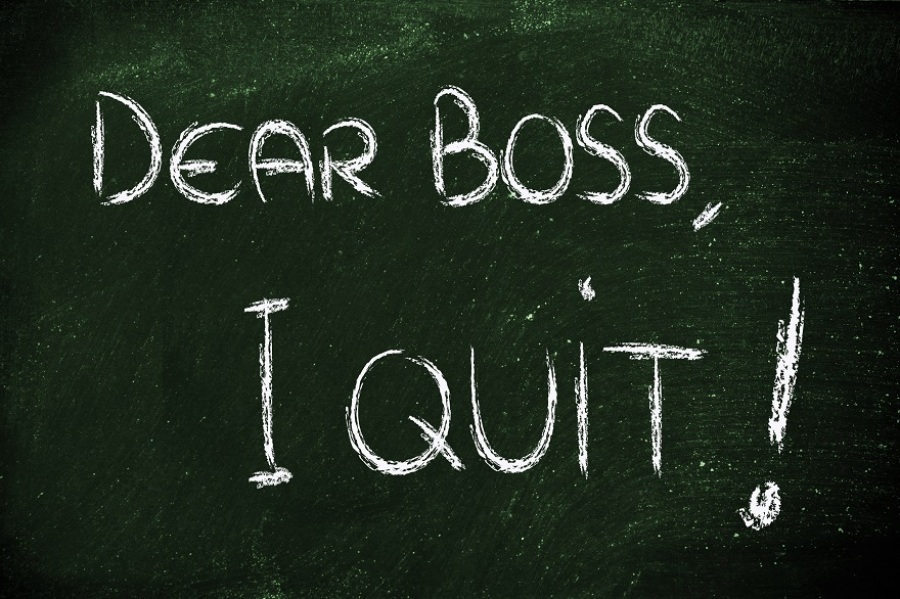🕒Estimated Reading Time: ~4 minutes

When my kids were little we tried to instill character in them in many ways. One was by encouraging them to do their best, of course. Another was seeing things through to the end; even when they were no longer interested. “No, you cannot quit the team until the season is over just because you’ve never had a hit. Yes, you have to go to practice. Your team is counting on you.” Empty words, sometimes, when my kid was the one picking clover in the outfield and not adding much to the team’s performance.
But these were valuable lessons, of course. Promises do matter, and it is wise to consider other people in your decisions. There is appropriate pride in completing a job, even if we don’t always like everything about the process. However, sometimes it is better to stop our efforts rather than continue. Encouraging quitting in children is not always wise, but as we become mature, discerning beings, we sometimes have to recognize the need to cut our losses and move on.
Think about that ghastly girlfriend you had in high school. Or the professor who consistently lost your assignments. Or the class you just could never pass no matter how hard you tried, so you changed your major and excelled at something else instead. Good riddance, right? Changing course is a savvy decision at times, so go ahead and regularly reevaluate your job and how it fits your needs. Maybe quitting your job and starting a franchise will be your best business decision ever.
Quitting is Not Failing
Sometimes, we are not successful—maybe we don’t have enough money, maybe it was a bad idea to begin with, and maybe we just don’t enjoy the job enough. Sometimes, we truly do fail. But many times, we must reach beyond what so clearly seems to need fixing and realize that it’s not necessarily a failure to quit. First, it has to be a problem worth fixing, and when it’s not, we must realize the value of quitting. That is not always failure—that can be wisdom.
We must develop a certain level of clear objectivity and self-awareness so that we don’t continue to flounder at something we should no longer be doing. Even Einstein’s 1,000 attempts at the light bulb were steps toward the amazing ultimate result. Like him, most entrepreneurs and franchisees have quit doing other unsuccessful things before realizing the best path for investing in their career and life.
Quitting Can Be a Sign of Progress
We so often feel we have invested time in a project, a job, a relationship, a career—so much so that we refuse to abandon them, hoping that what we have spent in time and effort will finally pay off. However, when we double-down on our bets, the costs tend to increase. Instead, every time a decision is made to continue, ask yourself if it makes real business sense and if you are missing out on valuable opportunities.
Some of the best business decisions I ever made were walking away. It may have felt a little like walking away from a baseball game in the third inning, with a parent talking in my ear about not being reliable or committed, but a wise decision to quit was a sign of forward-thinking. There was something better to receive my time, and I was eager to start.
By seeing our options broadly and without the pull of emotion, sometimes it’s easier to find a way out of a work problem. And maybe, just maybe, you simply decide to stop doing the thing that is the source of problems. Quitting your job and starting a franchise could be a valid solution. It might be your wisest one.
Anne Daniells is a co-owner of Enterprising Solutions, a professional services firm specializing in corporate communication and financial improvement for businesses where she shares decades of corporate and entrepreneurial experience—including franchise ownership—in her writings on business culture. She has authored hundreds of articles for publications including AllBusiness.com, TweakYourBiz.com, and MSN.com. Reach out via her website for more on where corporate culture, communication, and human architecture collide.














